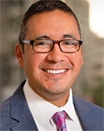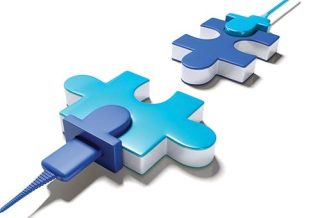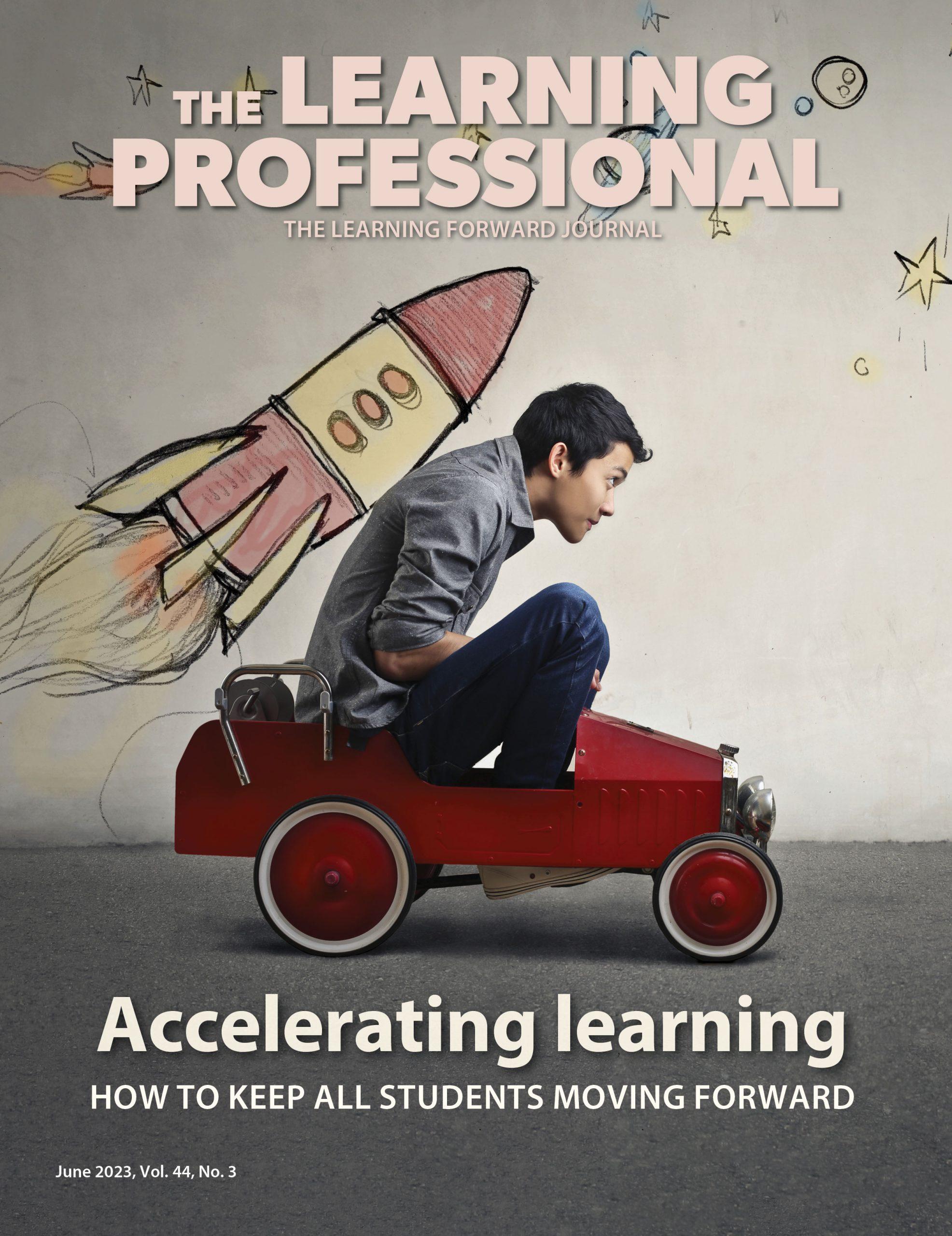FOCUS
Personalized learning in action
A view from 2 districts
By Virgel Hammonds and Robin Kanaan
August 2019
Vol. 40 No. 4
Transforming a learning community from a traditional system to a personalized environment that serves every learner isn’t easy. It requires a strong vision for teaching and learning driving every decision, from how a district budgets to how teachers co-create classroom rules with their students. Aligning resources and activities to that vision is a necessity, as is gathering data to inform the work and gauge impact.
But most challenging is rethinking what teaching and learning can be. That happens through supporting teachers in taking risks, using learner-centered practices and building them up so that once they’ve seen the changes in their classrooms and their schools, no one can imagine going back.
If we approach the work with the belief that students should own their learning, it helps guide the work. To create systems that put students at the center of their learning, we must partner with education leaders in school districts across the country to transform traditional, time-based systems to personalized, competency-based systems. Having the belief that students should OWN their learning helps guide the work in transforming a learning environment into a personalized environment that serves every learner. #LearnFwdTLP Click To Tweet
One learning environment that demonstrates what learning can look like when students are kept at the focus of all work is in Batesburg-Leesville, South Carolina.
Lexington County School District 3
Batesburg-Leesville, South Carolina
Lexington County School District 3, near Columbia, South Carolina, began its district transformation toward personalized learning with a strong sense of community and a focus on student needs. The district’s vision, “Preparing students for the future … now,” illustrates its commitment to serve students and families while pursuing personalized learning. Personalized learning is seen as the district’s overarching strategy, and its vision is consistently articulated at each of the district’s four buildings, driving the strategic planning process.
With an established vision and an aligned strategic plan in place, the learning community partnered with KnowledgeWorks to measure progress. In Batesburg-Leesville, this meant completing the KnowledgeWorks District Conditions Navigation Tool and site assessment, which combines an online survey of community stakeholders, classroom visits, and teacher, administrator, student, and community member focus groups to act as a formative assessment of the district’s implementation of the District Conditions for Scale: A Practical Guide to Scaling Personalized Learning — a set of conditions KnowledgeWorks believes must be present to scale personalized learning districtwide (Williams, Moyer, & Jenkins, 2014).
KnowledgeWorks used the data collected to create an opportunity analysis for the district, outlining areas of strength and opportunities for growth across 13 systemic areas related to implementing personalized learning. The analysis also detailed suggested priority action steps and provided baseline data to measure growth and communicate impact over time. Data also informed the professional development and support plan for the district.
“The opportunity analysis process was a great experience for our schools. Our staff thrives on feedback, so being able to have a different lens shared with us for our work on personalized learning was extremely valuable,” said Angie Rye, the district’s chief academic officer. “It has allowed our administrators to affirm practices, refocus on areas that are still in progress, but most importantly plan for our next steps with professional learning for both teachers and administrators.”
Collecting data and developing data-driven priorities is only the first step. The next step is capacity building, which includes developing student-centered classroom practices, creating strategies to increase social and emotional skills, building a competency-based learning continuum, and extending learning opportunities through community engagement and partnerships.
Educators need to know and understand how to do these things, but a top-down approach is not sustainable — districts must build the capacity of educators from within. Coaches and other instructional leaders need to develop not only the content knowledge to achieve the desired change but grow their ability to manage change and coach others in the necessary skills to personalize learning.
Lexington 3 educators and instructional leaders are getting this kind of personalized support by participating in professional learning hosted several times a year across the state by South Carolina Department of Education’s Office of Personalized Learning.
District teams deepen their understanding of personalized learning: the why, the what, and the how, and develop strategies for scaling and spreading content in a systemic K-12 approach.
These sessions are part of the state department’s larger strategy to scale personalized learning across the state, one of the cornerstones of Superintendent Molly Spearman’s educational priorities to “create a system of instruction that will prepare every graduate for a successful life after high school. The foundation for that instruction is effective classroom teachers and principals who facilitate personalized learning for every student every day.”
Marysville Exempted Village School District
Marysville, Ohio
Many of the tools and processes KnowledgeWorks employs in learning communities such as Batesburg-Leesville were prototyped and refined in Marysville Exempted Village School District in Marysville, Ohio.
Superintendent Diane Mankins started her district’s path toward personalized learning so they could better serve all students well. “There was no vision set for the district,” Mankins said. “There was this sense that we had good teachers, good kids, that everybody was working really hard, but our arrows were all pointing in different directions.”
For Mankins, and for us, the first step was recognizing the importance of establishing a vision for teaching and learning and aligning behind that vision.
With Marysville as a collective thought partner, KnowledgeWorks created a professional development framework aligned to the District Conditions for Scale: A Practical Guide to Scaling Personalized Learning, as well as a refined version of the District Conditions Navigation Tool. Marysville coaches and administrators constructed a professional development curriculum for instructional leaders.
Building internal capacity in Marysville has enabled sustainability within the district in addition to building an evidence base from which other districts implementing personalized, competency-based learning can benefit. And, ultimately, the winners are the students benefitting from the work. According to Marysville Early College High School graduate Elijah Mejia, the experience within the district was “a foundation for a fantastic future.”
We know that transforming traditional, time-based systems to personalized, competency-based systems can’t be done without developing the capacity of communities and educators to imagine, build, and sustain the kinds of innovative learning environments that allow each student to thrive. That gives all students the foundation they need for their own fantastic futures. Learn how school districts in South Carolina and Ohio achieved strong visions for personalized teaching and learning that drives every decision. #LearnFwdTLP Click To Tweet
References
Williams, M., Moyer, J., & Jenkins, S. (2014). District conditions for scale: A practical guide to scaling personalized learning. Available at knowledgeworks.org/resources/district-conditions-scale-personalized-learning.
Recent Issues
TAKING THE NEXT STEP
December 2023
Professional learning can open up new roles and challenges and help...
REACHING ALL LEARNERS
October 2023
Both special education and general education teachers need support to help...
THE TIME DILEMMA
August 2023
Prioritizing professional learning time is an investment in educators and...
ACCELERATING LEARNING
June 2023
Acceleration aims to ensure all students overcome learning gaps to do...












